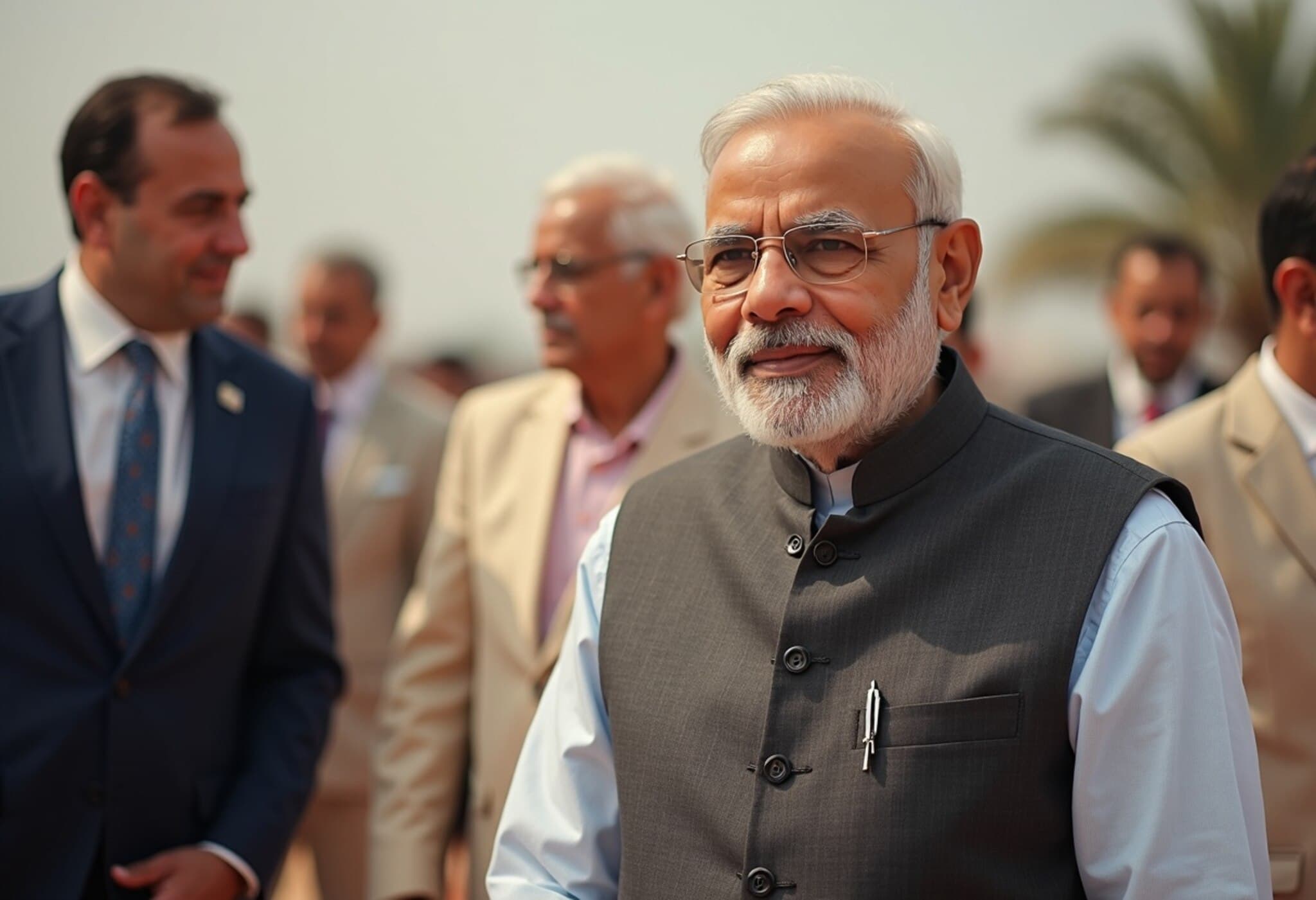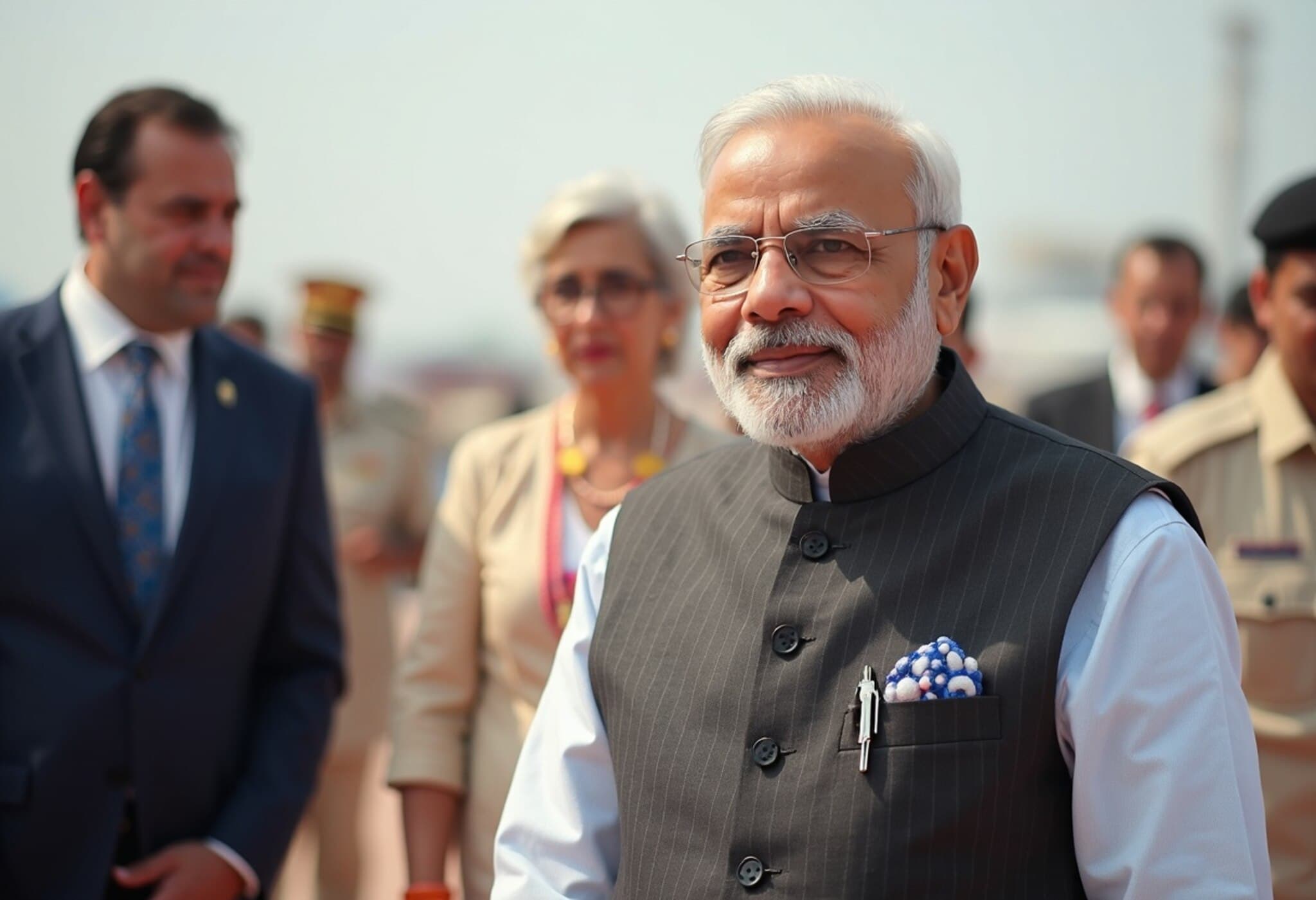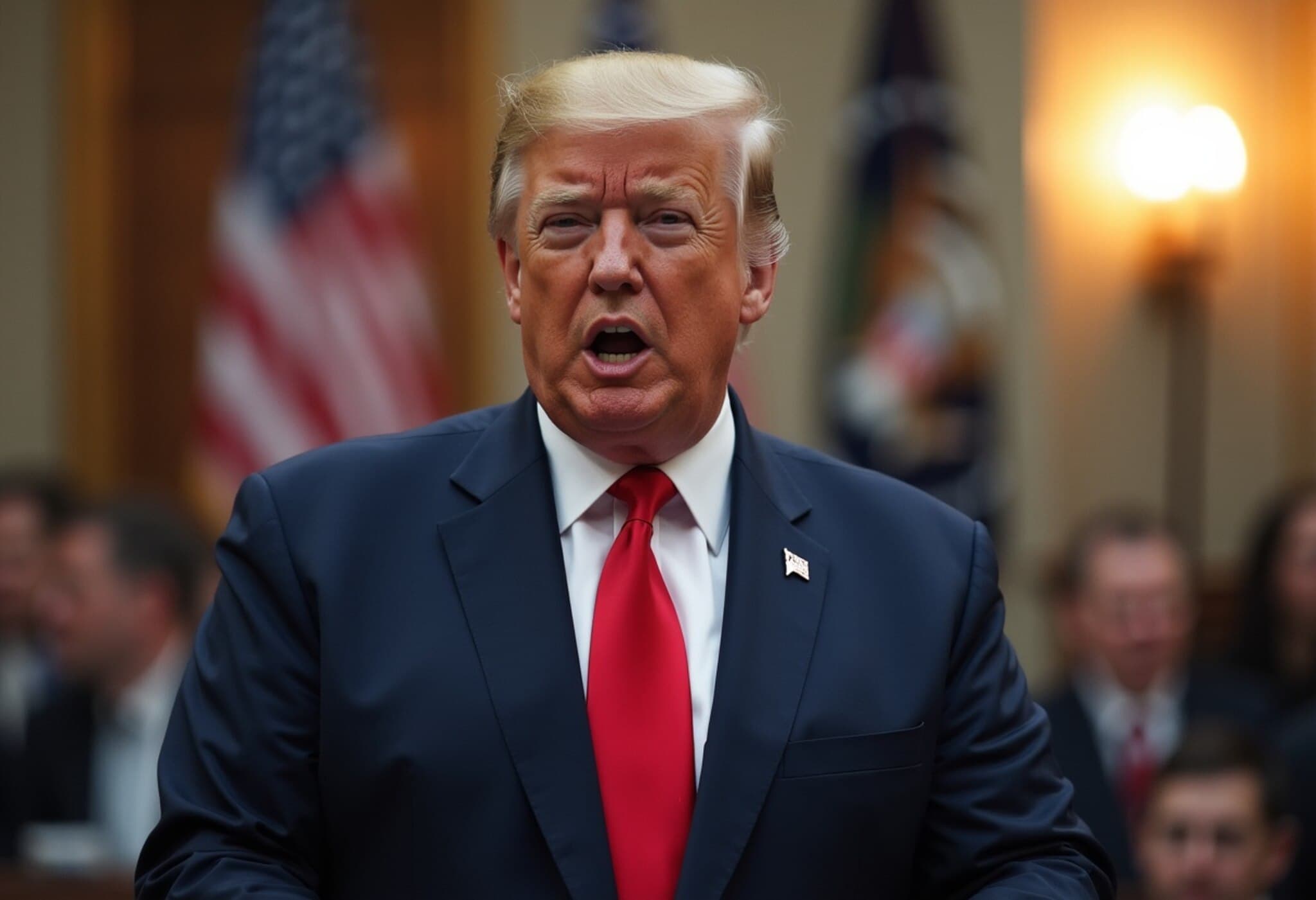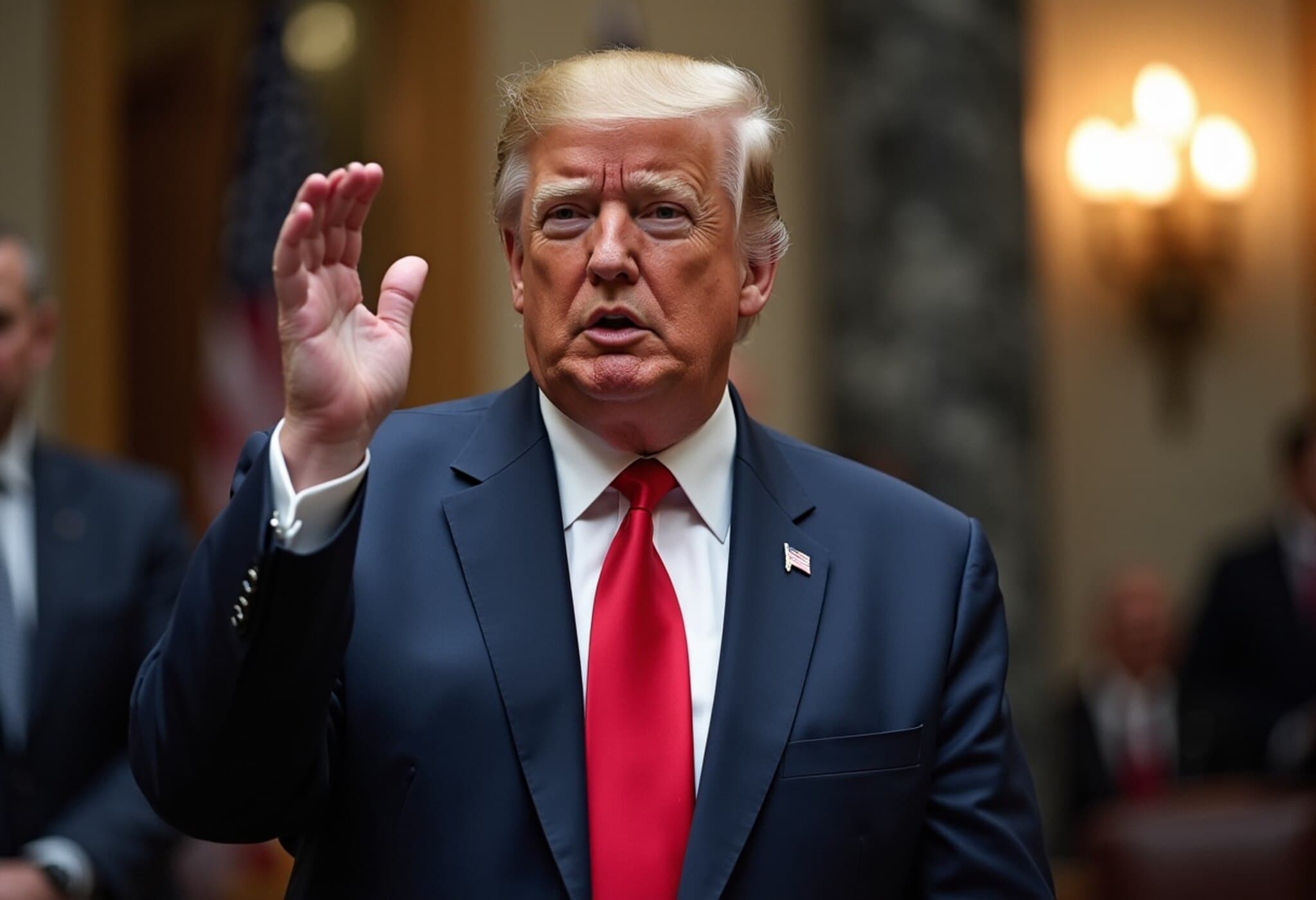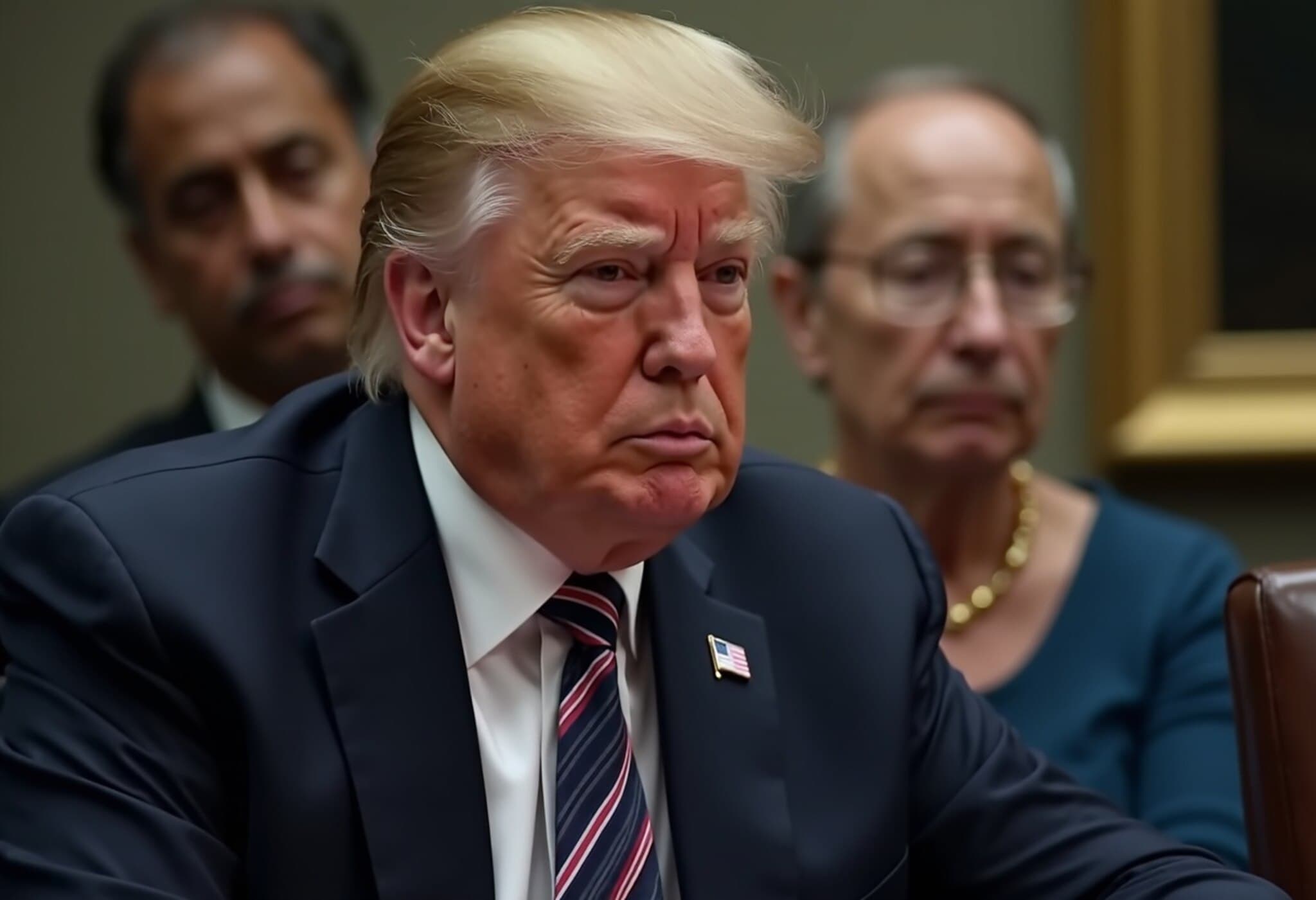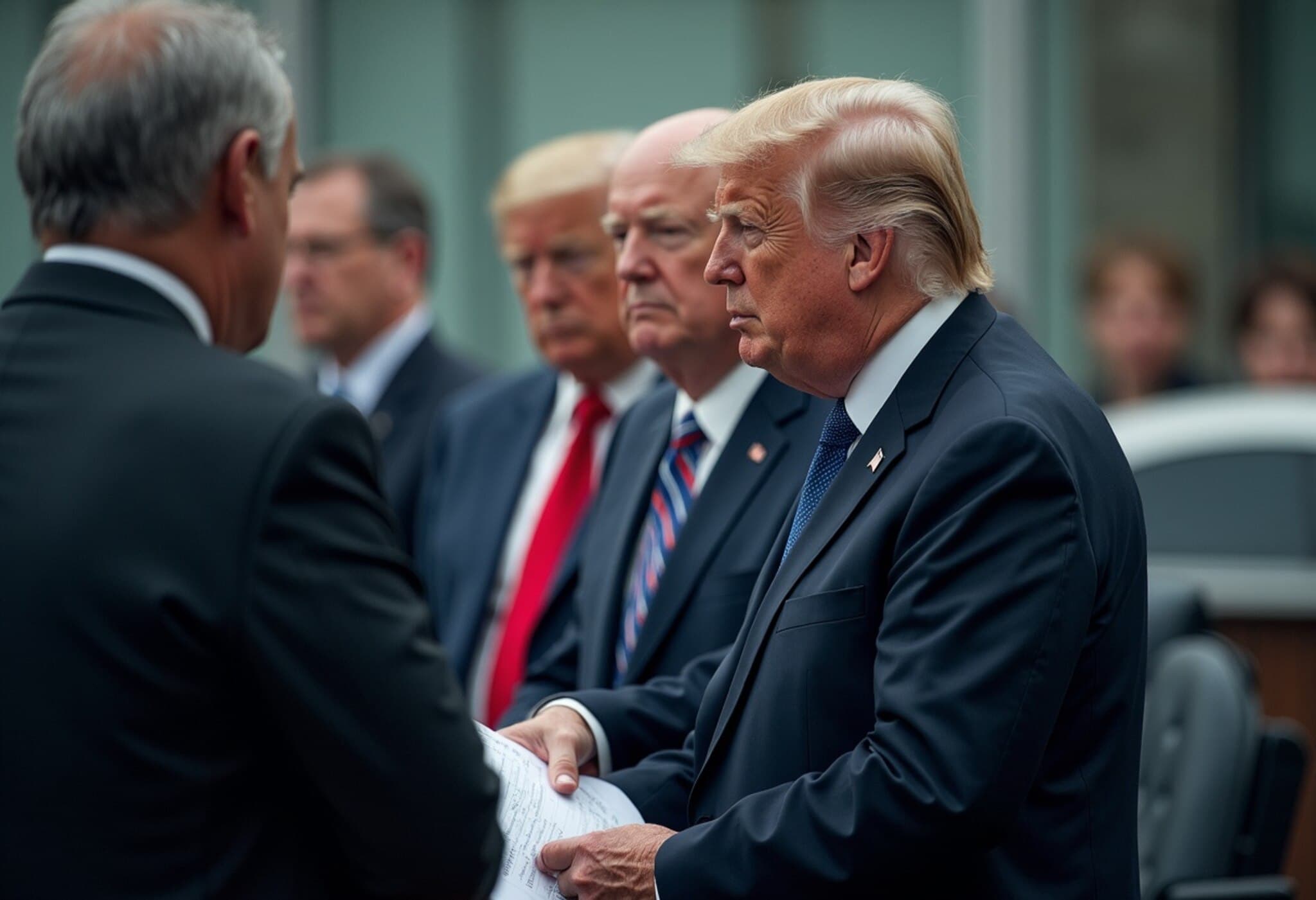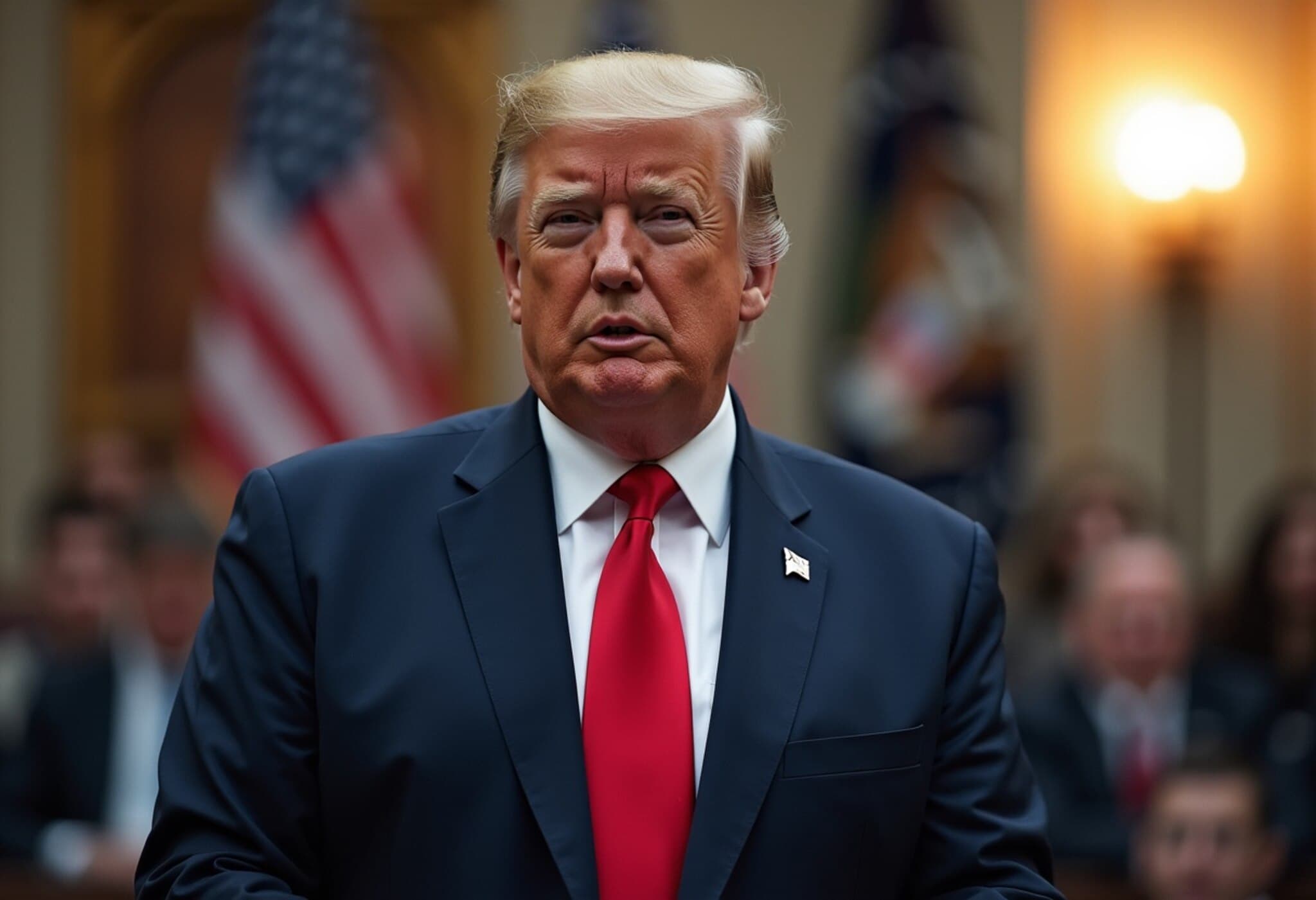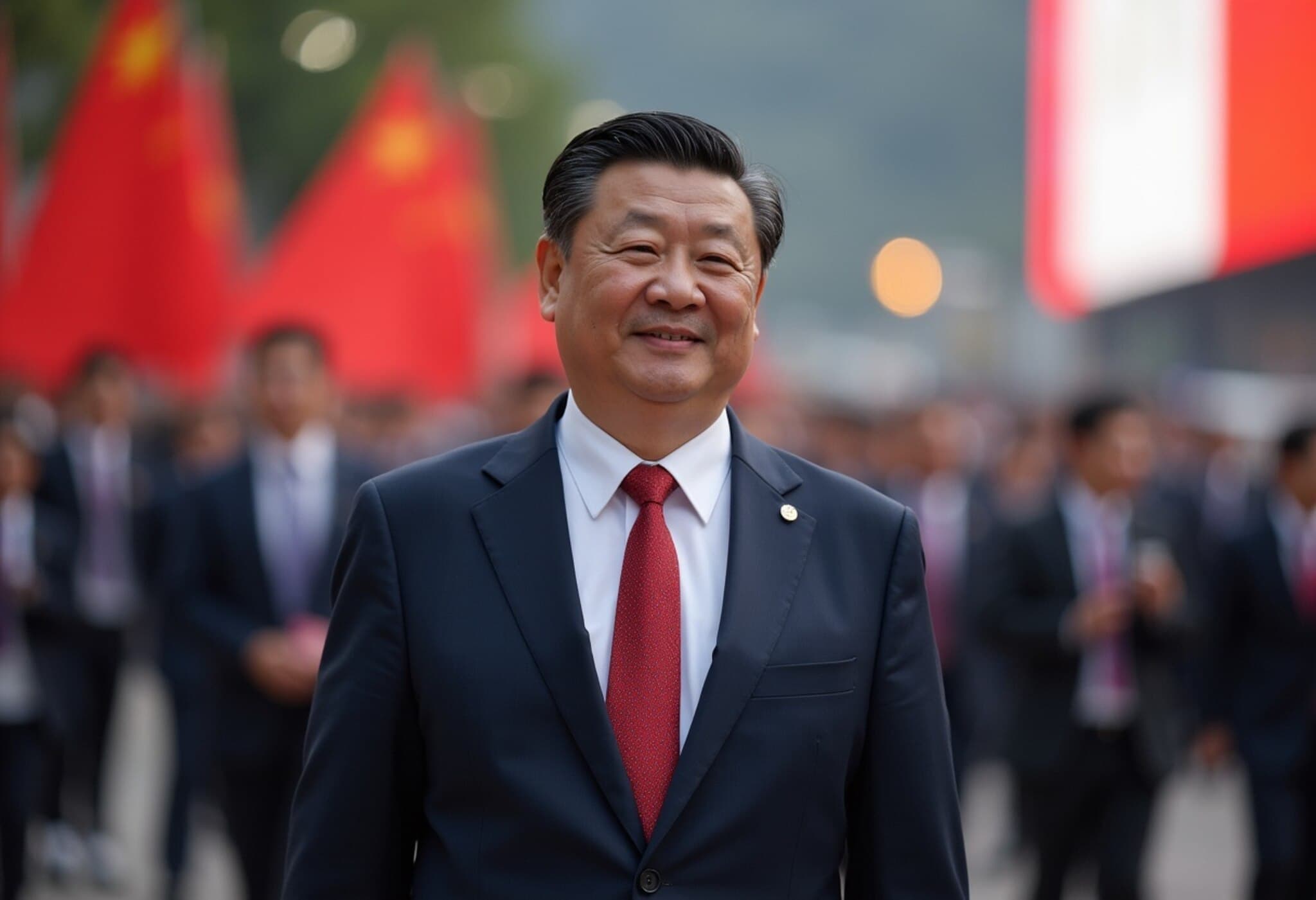Trump Administration Postpones Key Congressional Briefings on Iran
The Trump administration on Tuesday delayed scheduled classified briefings for both the Senate and House of Representatives amid ongoing questions from lawmakers about recent U.S. military strikes on Iranian nuclear facilities and an announced ceasefire agreement between the two nations.
Rescheduling Senate Briefing to Include Top Officials
Originally planned briefings were canceled, with the Senate session now rescheduled for Thursday to accommodate participation from Defense Secretary Pete Hegseth and Secretary of State Marco Rubio. Sources familiar with the updated schedule, speaking under anonymity due to the sensitive nature of the matter, confirmed the changes. The House of Representatives has yet to receive a new briefing date.
Mixed Signals Amid Ceasefire Announcement
President Trump recently declared via social media that an "Official END" to hostilities between Israel and Iran had been reached. However, this fragile truce appeared to waver when Israel reported Iranian missile incursions into its airspace. Despite this, Trump maintained the ceasefire remains in effect.
High-Level Officials Set to Lead Briefings
Briefings slated to inform lawmakers were to be conducted by senior intelligence officials including CIA Director John Ratcliffe, Director of National Intelligence Tulsi Gabbard, Joint Chiefs Chairman General Dan Caine, and Deputy Secretaries of State Christopher Landau and Steve Feinberg.
Congress Demanding Transparency and Oversight
Members of both parties have expressed dissatisfaction with the administration's decision to initiate strikes without prior consultation with Congress. Many argue that President Trump should have sought congressional authorization or at the very least provided comprehensive justifications for the military action.
Two individuals familiar with classified intelligence disclosures reveal that Congress has not been briefed on any new intelligence since March, when it was reported that the U.S. did not believe Iran was actively pursuing a new nuclear weapon program.
Lawmakers Speak Out Against Delays
Senate Democratic Leader Chuck Schumer condemned the briefing postponements as "outrageous," emphasizing the legal necessity for the administration to keep Congress fully informed. "What are they afraid of?" Schumer remarked, pressing for full transparency.
Representative Pete Aguilar, chair of the House Democratic caucus, echoed these concerns, stressing that "lawmakers need evidence and details immediately."
Partisan Divides and War Powers Debate
The delay highlights deeper tensions between the White House and Congress over the scope of U.S. military involvement abroad—a debate that transcends party lines. While many Democrats question the administration's motives and caution against intervention, some Republicans support the strikes, asserting that the president has broad authority as commander-in-chief.
Speaker Mike Johnson, a Republican from Louisiana, defended the strikes as "clearly" within presidential powers, even questioning the constitutionality of the War Powers Act meant to regulate military engagements.
Reactions to Ceasefire and Ongoing Tensions
Following Trump's ceasefire announcement, Republican figures celebrated, with some suggesting the president as a candidate for the Nobel Peace Prize. Meanwhile, Democrats pushed for more details, especially after Iran retaliated with missile strikes against a U.S. base in Qatar.
Senate Democrats are also moving ahead with a resolution requiring congressional approval for any military action in Iran, spearheaded by Senator Tim Kaine. Kaine stressed the importance of public debate so Americans can grasp the stakes when troops' lives are on the line.
Official Notice Sends Mixed Signals
Though President Trump did not seek prior congressional approval, he did send a brief official notification to congressional leaders two days after the strikes. He described the operations as "limited in scope and purpose," aimed at minimizing casualties, deterring future attacks, and avoiding escalation.








